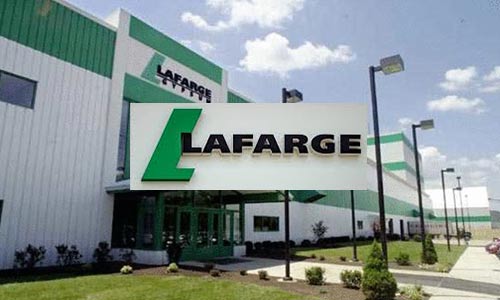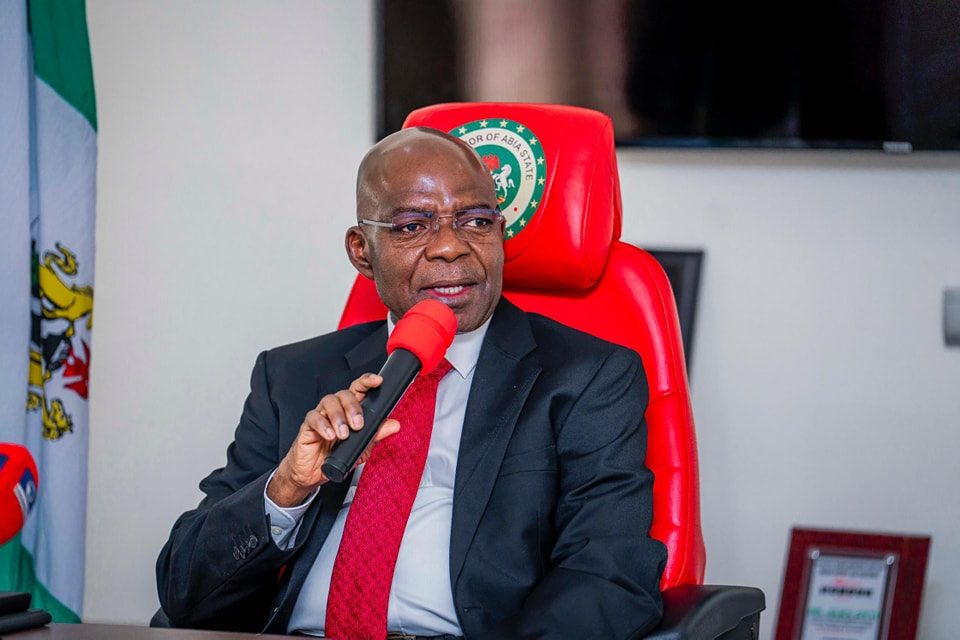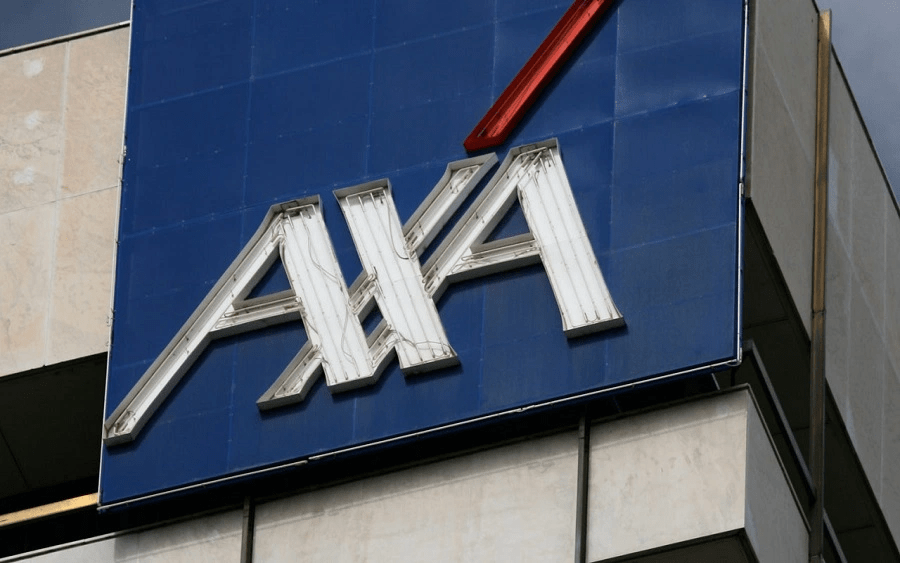Blessing Ibunge in Port Harcourt
The Niger Delta Progressive Alliance (NDPA) has urged Tantita Security Services Nigeria Ltd to adopt a more transparent, accountable and community-focused approach in its operations and corporate social responsibility programmes.
This group has also lauded Pipeline Infrastructure Nigeria Limited (PINL), the surveillance firm responsible for protection of oil and gas facilities in the Eastern Corridor of the Trans Niger Pipeline (TNP), for always engaging host communities in its operations.
Tantita Security Services Nigeria Ltd, managed by Government Ekpemupolo (a.k.a. Tompolo), was contracted by the Federal Government to protect oil pipelines in the Niger Delta through constant surveillance of the facilities.
At a media briefing in Port Harcourt on Wednesday, the convener of NDPA, Nse Victor Udoh, said given Tantita’s scope of engagement, its operational model would have direct impact on regional stability and national energy security, hence, the need for robust community engagements, stakeholder collaborations, empowerment initiatives, accountability, transparency and inclusivity in its activities.
“Tantita Security Services Nigeria Limited operates at a scale that matters to both regional stability and to national energy security. NDPA addresses Tantita with respect and clarity. The region needs your operational competence married to a demonstrable, public commitment to community empowerment,” he said.
NDPA urged Tantita to institute consistent, monthly community engagement sessions in Warri and surrounding host communities, with published minutes and clear action items.
“Publicly publish a short, independently verifiable plan within 30 days that mirrors the core components of the model described here: local employment targets, scholarship commitments, and community amenity projects.
“Enter active collaboration with peer surveillance operators and with recognised community groups to exchange best practices rather than adopt a purely competitive posture,” he said.
The NDPA convener explained that the call was a product of the group’s belief in Tantita’s leadership capacity that could positively impact the lives of members of oil facilities’ host communities if exercised within a sustainable, human capital development-focused model.
“We encourage Tantita to make its community commitment transparent and to seek collaborative arrangements where other firms have demonstrated effective interventions,” Udoh said.
Warning against making the surveillance contract look like a mere cost liability rather than an investment in the Niger Delta, Udoh urged other oil facilities surveillance contractors to borrow a leaf from the PINL.
He said: “After an assessment of the surveillance contract, NDPA came to the conclusion that PINL should be commended on its efforts at regular community engagement while Tantita has to begin to do so in Warri where it covers.”
The group emphasised that the surveillance contract should encourage healthy competition amongst the contractors and not the companies running each other down.
“NDPA publicly recognises Pipeline Infrastructure Nigeria Limited, for practices that are aligned with this model of community engagement and empowerment. Public reporting shows and we have seen in our region that this same approach has been associated with improved security outcomes. PINL has moved with conviction.
“PINL approved 646 scholarships for youths across 215 host-communities along the Trans-Niger Pipeline corridor in Rivers, Bayelsa, Imo and Abia States.
For each of those 215 communities, PINL committed to three scholarship slots per community,” Udoh said.
The group added that PINL has formed strategic partnerships with the Office of the National Security Adviser to establish investigative and prosecutorial facilities, reinforcing both community-safety and infrastructure-protection.
On community engagement forums, NDPA stated that PINL convenes host-community stakeholders monthly to review operations, to solicit local input, and to align surveillance efforts with local well-being.
While commending the company, the group urged them to scale up, make their monitoring and community investment visible, accountable and replicable, saying: “Your strategy is a template for how sustained empowerment can happen in the Niger Delta.”
The group emphasised that the companies must work collaboratively, not just for their contracts alone, but for the community and shared future of the Niger Delta.




